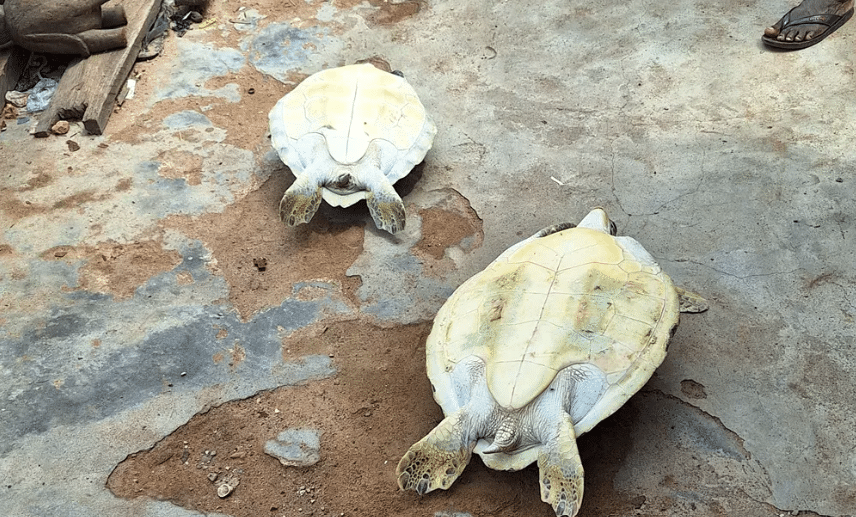
1. The Vanishing Guardians of Ghana’s Oceans: Exposing the Sea Turtle Poaching Crisis
NYANYANO, Ghana — In an open, unsanitary seaside shed in Nyanyano, a coastal town in Ghana’s Central Region, eight massive sea turtles lie helpless under the blazing sun, their shells baking in the heat. Flipped on their backs to prevent escape, these ancient guardians of the marine ecosystem struggle weakly in the filth; their long flippers, designed for graceful swimming, now flap weakly against the harsh conditions surrounding them.
Overhead, the sun blazes on, unaware of the grim fate awaiting these Olive Ridleys. A 2021 research paper co-authored by Dr. Agyekumhene revealed a shocking decline in nesting activity in some parts of Ghana—a 46% drop since the peak in 2013. “The future of our oceans depends on these creatures,” Dr. Agyekumhene warns. “If we lose the sea turtles, we risk losing everything else. It’s not just about them—it’s about the entire ecosystem.
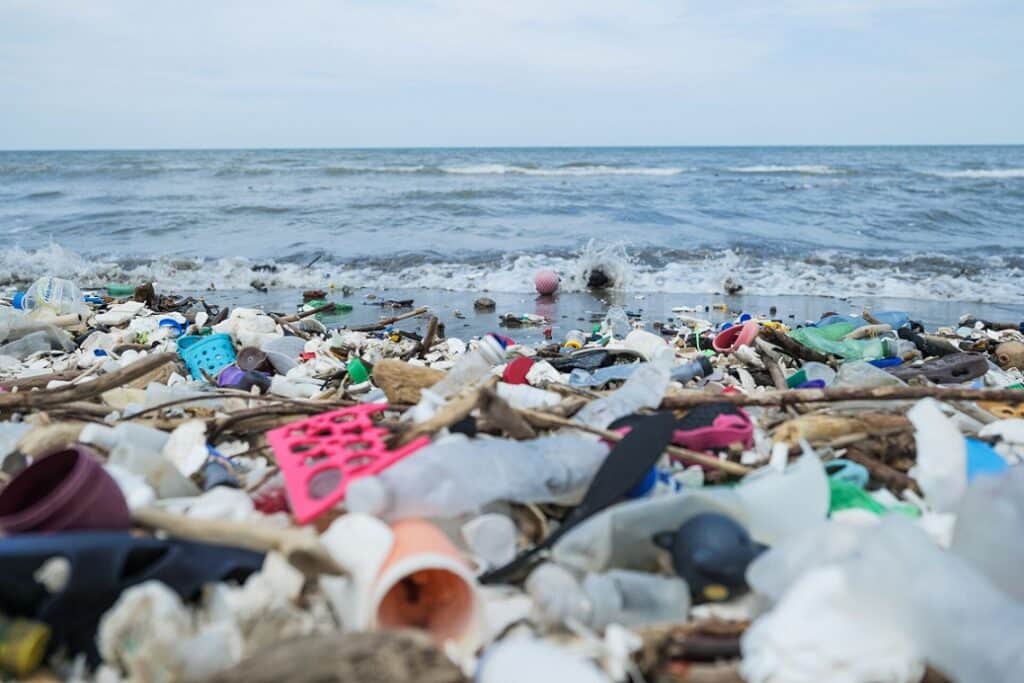
2. US Voters Increasingly Concerned About Plastic Pollution and Push for Accountability
A recent poll reveals broad US voter support for holding plastics and fossil fuel industries accountable for misleading claims about recycling. Concerns about plastic waste’s environmental and health impacts are cutting across political and demographic lines, with nearly two-thirds of respondents being “very concerned” about plastic pollution in waterways. The Center for Climate Integrity and Data for Progress survey shows bipartisan support for legal action against these industries.
The plastics industry, represented by Ross Eisenberg, argues they are working towards better recycling through significant investments. Greenpeace’s Lisa Ramsden emphasizes that recycling alone is insufficient and calls for stronger policies and “…investing in innovative refill and reuse systems that can help phase out plastic altogether”. The Biden-Harris Administration has introduced new measures to address plastic pollution, while the Republican party also recognizes the political importance of environmental issues.
Thank you for your generous gift that will help us continue the production of this weekly, free publication

3. NOAA Puts 17 Nations on Notice Over Illegal Fishing – Barring entry to US Ports
The Biden administration will bar U.S. port entry to fishing vessels from China, Russia, and 12 other nations beginning Oct. 10, saying boats from those countries continue to violate international rules governing fishing, ocean species protection, and trade, NOAA announced this week. The latest crackdown on foreign-flagged boats follows a concerted push by fishing groups, conservation watchdogs, and international observers for U.S. officials to enforce the High Seas Driftnet Fishing Moratorium Protection Act.
The act requires NOAA to monitor and take action against illegal, unreported, or unregulated fishing practices worldwide. The international fishing community has cited such activities—which range from unlicensed fishing and false catch reports to violating closed fishing zones—for causing widespread damage to ocean ecosystems, including spikes in unregulated bycatch, the killing of protected marine life, and the targeting of high-profile species like sharks.

4. Energy From Buildings Is Key to a Warming Climate
The energy used to heat or cool buildings contributes to greenhouse gas emissions and other direct forms of heat exchange between buildings and their environment. A study now quantifies the feedback between buildings and their surrounding temperatures, yielding more reliable estimates of the contribution of heating and cooling to local and global warming and better forecasts of regional energy demands.
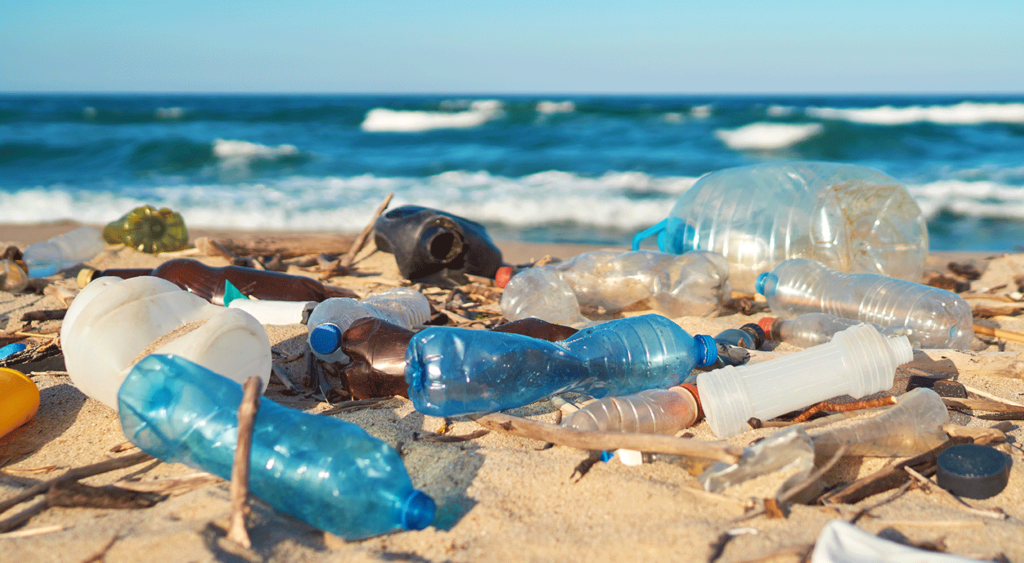
5. USAID, NCDC, MKA Partner With Tatana Island Communities to Fight Ocean Plastic Pollution Through Village-Level Solid Waste Management
The U.S. Government, through the United States Agency for International Development (USAID), in partnership with the National Capital District Commission (NCDC), the Motu-Koita Assembly (MKA), and the Tatana and Araira electorates on Tatana Island, officially launched a community-driven solid waste (garbage) management (SWM) pilot program to combat ocean plastic pollution. The pilot will serve as a model for other coastal and island communities in Papua New Guinea (PNA) and across the Pacific region. Want to know more? Click the Link!

6. Morgan Stanley Drops Plastic Pollution Financing Goal
Morgan Stanley confirmed Thursday to ESG Dive that it has eschewed a 2030 goal to facilitate 50 million metric tons of plastic pollution prevention, removal, or reduction. The goal was absent from the financial institution’s 2023 sustainability report, which it released Wednesday. A Morgan Stanley spokesperson said it will no longer track the financing of plastic waste-related activities as a standalone due to “challenges in the availability and quality of data needed to meet [its] disclosure standards.”
Bloomberg first reported the goal’s absence Thursday. Climate disclosure regulations coming into effect — both in the U.S. and abroad — are increasing the level of scrutiny on companies’ environmental and sustainability targets. Meanwhile, no industry or country has yet developed and enforced universal accounting standards for plastic disclosures, according to an analysis by Ernst & Young.
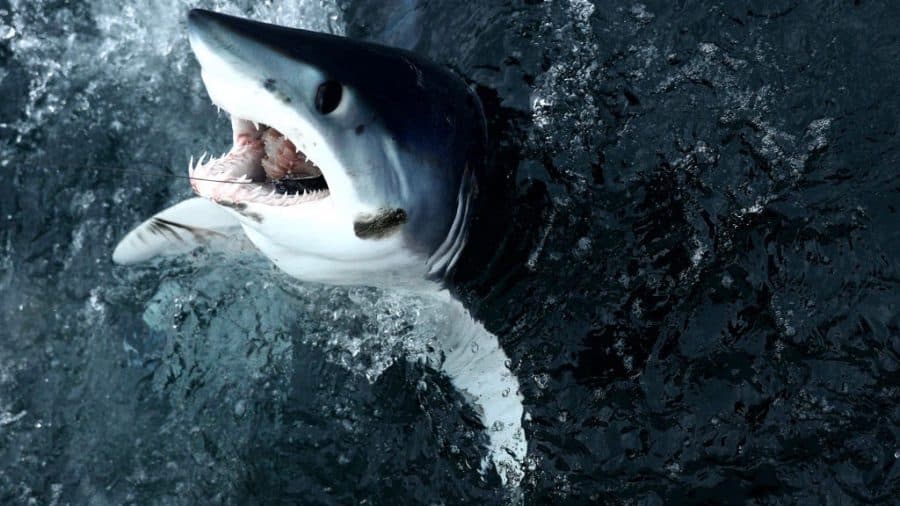
7. Tag Tells Tale: Pregnant Porbeagle Shark Eaten by Another Large Shark
For the first time, scientists have found evidence of a large shark being preyed upon by another large shark. This surprise came after they’d been studying a more than 7-foot-long pregnant porbeagle shark before it was eaten. According to a Sept. 2 study published in Frontiers in Marine Science, a peer-reviewed journal, a tag placed on a pregnant porbeagle shark after five months of research began emitting warmer-than-usual temperature readings, which remained consistent, showing signs it had been ingested.
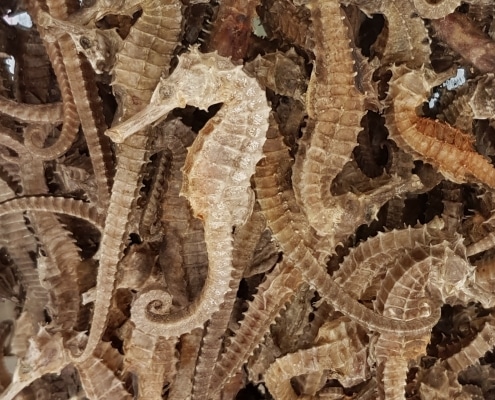
8. Notification to the Parties – Request for Information on Illegal Trade in Seahorses (Hippocampus Spp.)
At its 19th meeting (CoP19, Panama City, 2022), the Conference of the Parties adopted Decision 19.228 on Seahorses (Hippocampus spp.), which states: The Secretariat shall: a) subject to external funding, collaborate with Parties and species experts to prepare a report on the global illegal trade in seahorses, for consideration by the Standing Committee.
The report should include an analysis of extracted data from the CITES illegal trade database, consultations with regional enforcement networks as applicable, analysis of illegal trade routes, modus operandi and seizures, and information contained in the studies prepared in response to Decision 18.229 paragraph c) i).
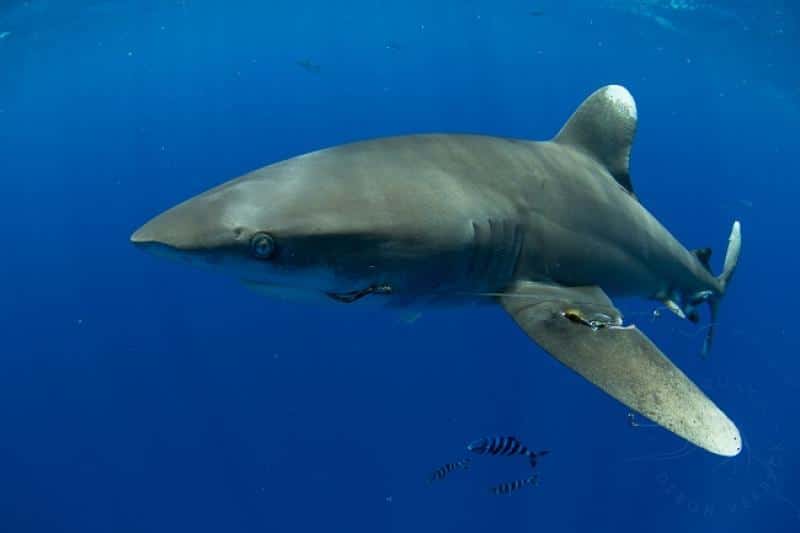
9. Notification to the Parties – Trade in Sharks and Rays From El Salvador
This notification is published at the request of El Salvador. El Salvador would like to inform CITES Parties that it has prohibited the export of CITES-listed sharks and rays (Elasmobranchii spp.) since February 2023. El Salvador is re-opening exports for four species of sharks, Carcharhinus falciformis, Alopias pelagicus, Alopias superciliosus, and Alopias vulpinus, for which non-detriment findings (NDFs) have been made.
Exports of all other species of sharks and rays will continue to be prohibited until NDFs have been made and export quotas have been established. The NDFs for Carcharhinus falciformis, Alopias pelagicus, Alopias superciliosus, and Alopias vulpinus are available on the CITES sharks and rays portal and NDF database. The export quotas for the four species based on the NDFs are published on the CITES export quota page for specimens of dried fins and dried skins.




